We’ve created a comprehensive guide on how to get wasps out of your house and prevent wasps from getting back in.
This blog will look at the following questions:
- What are wasps?
- What kind of wasps do I have?
- What’s the difference between bees and wasps?
- What attracts wasps to my yard?
- How do I keep wasps away without getting stung?
- How does professional pest control get rid of wasps?
What Are Wasps?
Besides being a nuisance and a risk to your health, wasps are an insect of the suborder Aprocita. They are typically narrow-waisted, winged insects with three main body parts. Typically, most types of wasps are stinging insects and can bite; some are more venomous than others.
Technical terms aside, wasps are not bees, ants, or other commonly mistaken insects. This doesn’t matter if you stumble upon a nest and are faced with an angry swarm, but knowing the difference before and during an infestation can save you time, pain, and money when dealing with removing and preventing wasps.
What Kind of Wasps Do I Have?
Another reason that wasps can be difficult to identify is that various types exist. Wasps types can vary in appearance and behavior.
Yellowjackets
Yellowjackets are among the most common wasps across the U.S., especially in Arizona. They are also one of the most aggressive species and are mistaken for bees due to their similar coloring. They are roughly the same size as bees and sport a stinger but are thinner and less hairy.
Hornets
Hornets are similar in appearance to yellowjackets and are technically the largest eusocial wasp species. Eusocial means they build communal nests with social organization and jobs – meaning when they settle on your property, they’ll be ready to defend their turf and family.
Paper Wasps
Paper wasps get their name from the material they build their nests – typically wood pulp mixed with saliva, giving them a papery texture. Papers wasps have similar markings to yellow jackets but with more reds and browns mixed in. They are slightly smaller and less aggressive than yellowjackets, and luckily their nests often hang from trees, giving you ample warning that they are present.
Mud Daubers
Mud Daubers are a bit unlike the wasps resembling bees – they are still sometimes yellowish with wings, but they nest in the mud, where they get their name. Additionally, they are solitary wasps – meaning they don’t build social nests and are much less aggressive towards humans as a result.
These are just a few of the most common types of wasps – there are dozens of other species, and many of them have similar characteristics to the wasps we highlighted here.
Difference Between Bees and Wasps
The difference between bees and wasps are numerous, and some of the ones that the human eye can see are:
- Bees are hairy, while wasps are typically not.
- Most species of bees are wider than most species of wasps.
- Bee nests are made of beeswax, while wasps build their nests with wood or paper.
- Many bees can only sting once, while a wasp stings multiple times.
- Wasps are more aggressive during territorial disputes than bees.
Due to their similar appearances, overlapping locations, and sting forms, bees are often confused with wasps. They can both damage your property, endanger your health, and warrant immediate pest control if you come across a nest near your home.
| Type | Appearance | Nest Material | Behavior | Sting | Diet |
| Bees | Hairy body and legs, round abdomen and thorax, flat wide legs | Beeswax | Less aggressive | Can only sting once | Pollen and nectar |
| Wasps | Smooth body and legs, cylindrical abdomen and thorax, round and waxy legs | Wood or paper | More aggressive and territorial | Can sting multiple times | Crumbs and human food left lying around |
What Attracts Wasps to My Yard?
Wasps are looking for all the necessities before settling down and making a nest. These typically include the following:
Flowers
Wasps enjoy the nectar of flowers and the fragrance. They can also mistake the scent of perfume for flowers, so watch out if you use strong fragrances.
Insects
Food is the primary motivator for most pests, and wasps are no different. After hibernating in the winter, the queen and worker wasps will emerge in the spring and summer to hunt for more food.
Shelter
To create a safe communal nest, wasps must find a place that makes refuge – especially from the host of other pests, predators, and the harsh Arizona climate. This means wasps are looking for warmth during winter and shade during summer – and the walls and nooks of your home or property can be ideal.
Food Sources
Fruit trees, meat, or other foods you might leave out can attract wasps. They might not be actively looking for them, but they are also not choosy.
Water Sources
In the hot Arizona springs and summers, wasps are attracted to water. Whether from standing water on your property, leaks in pipes, or property sources such as plants, pools, or fixtures, any water source can be a reason for wasps to nest on your property.
Knowing what attracts wasps is the first step to preventing wasps from getting into your home, but sometimes just isn’t enough to rid them completely.
How to Keep Wasps Away Without Getting Stung
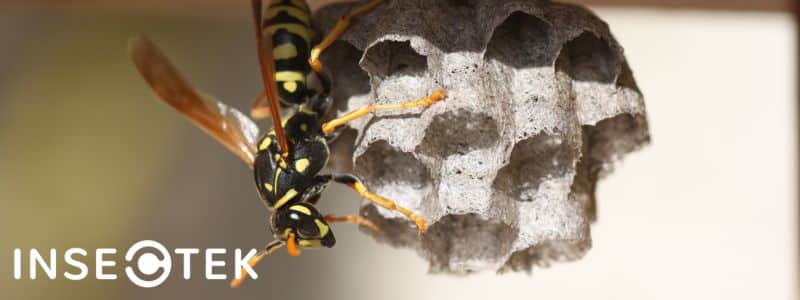
If you are trying to get rid of wasps in the house and keep wasps away from your property, these are the easiest and most effective measures to take:
- Remove food sources from your property – especially unsealed pet food containers.
- Keep your doors and windows shut and seal any cracks in your home/foundation.
- Properly seal trash cans so that their contents do not attract wasps.
- Keep compost piles away from potential nesting areas and your home.
- Remove any sources of standing water or leaks that can provide water sources for wasps.
- Cover holes in the ground where mud daubers or other wasps might nest.
- Check garages, trees, crevices, and other potential nest locations.
What Keeps Wasps Away Naturally?
Taking proper precautions to keep your home secure is an effective way to deter wasps. If you have existing wasps in and around your house, you can take further steps to create your own wasp traps and deterrents.
- DIY spray bottles with at-home ingredients like dish soap mixed with water clog the breathing pores of a wasp, killing them nearly instantly.
- Essential oils like peppermint, lemon grass, and clove work great for keeping wasps away. You can make a water/essential oil concoction and spray areas where wasps may get in or build a nest, or you can plant them in your yard.
Unfortunately, wasp infestations indicate the presence of a nest, which pest control is recommended for.
Ultimately, a professional pest control service will be the best way to eliminate wasps and prevent wasps from getting into your home.
This is especially true if you already have a wasp nest or infestation proving troublesome. You’ll be able to save time and money and prevent stress and injury by turning to professionals.
How Does Professional Pest Control Get Rid of Wasps?
We always recommend using professional wasp control. Wasp pest removal is relatively inexpensive, and the job of a licensed pest technician will far exceed DIY home solutions.
Professional wasp control services typically include:
A Property Assessment and Unique Plan
Professional pest control services should have a first-time home visit appraisal. Then, your technician should create a unique plan to rid your home of wasps or other pests.
Professional Wasp Gear
Dealing with angry and defensive wasps can be dangerous! Even long sleeves and pants don’t adequately protect you, and professional wasp control technicians have full suits, masks, and goggles.
Proper Tools to Access Nests
Whether it is ladders, extension tools, or know-how to detect difficult-to-see wasp nests, the pros will be much more efficient in identifying and removing wasp nests from your home.
Eco-Friendly Treatments
The best wasp control will use powerful chemical treatments safe for humans, your property, and the surrounding environment. This is a stark contrast from many over-the-counter insecticide sprays that might be hazardous to your health and ineffective at the same time.
Wasp nest removal can be hazardous, and we don’t recommend DIY and natural wasp remedies. If you keep your home clear of situations that attract wasps and use proper wasp control to remedy infestations or nests, you will have a much easier time keeping your home safe.
Published On: June 9, 2015
Updated On: March 14, 2023



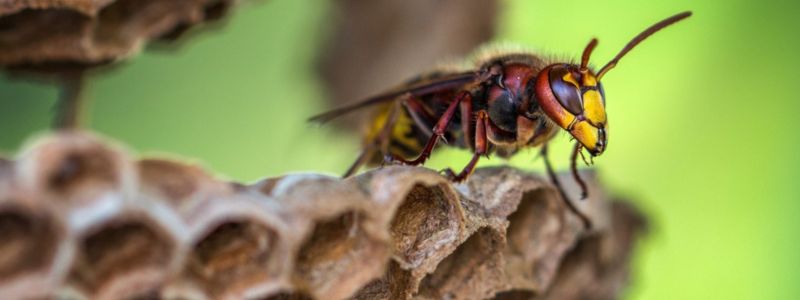
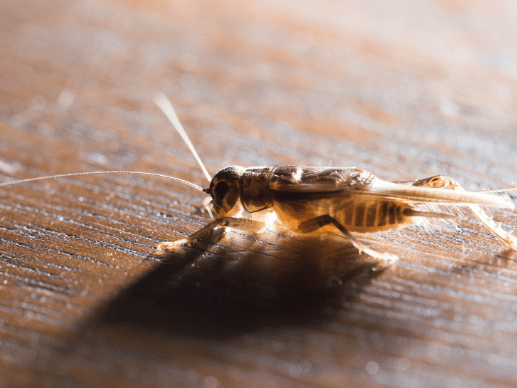
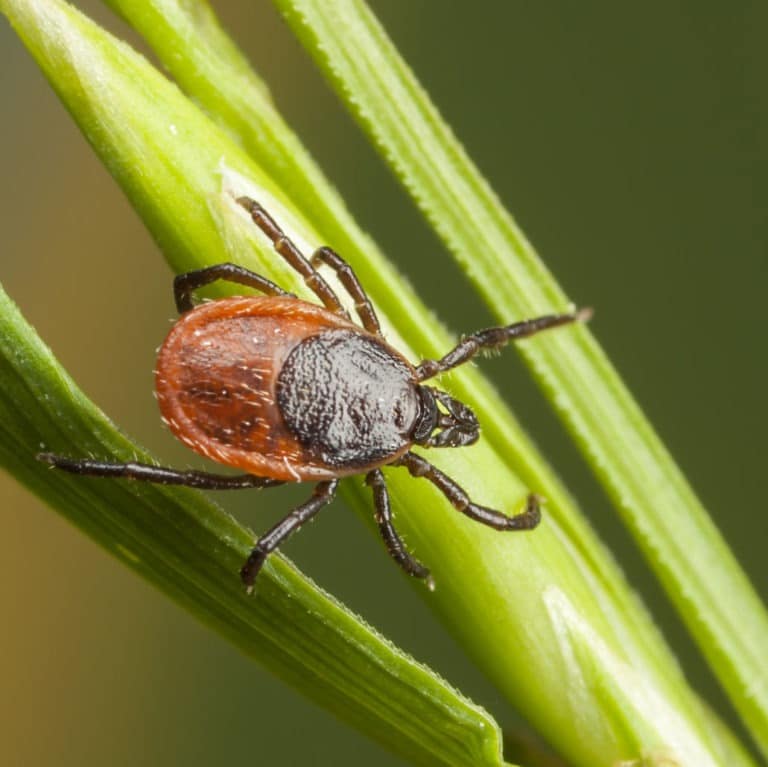
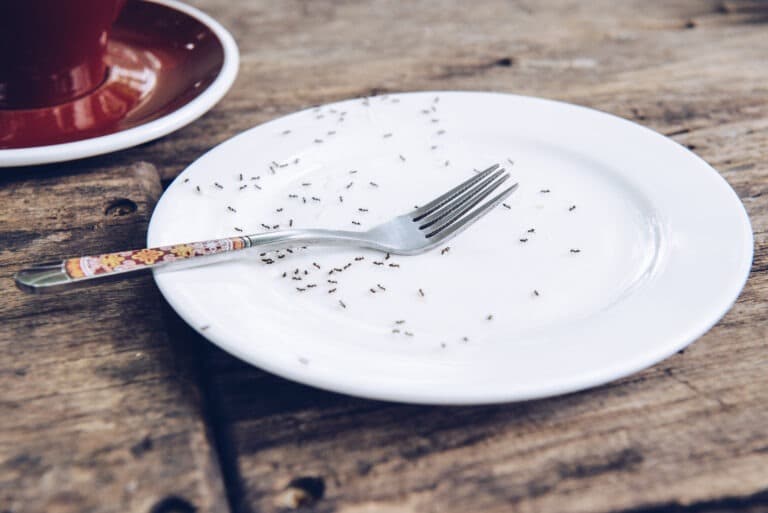
Leave a Reply
You must be logged in to post a comment.